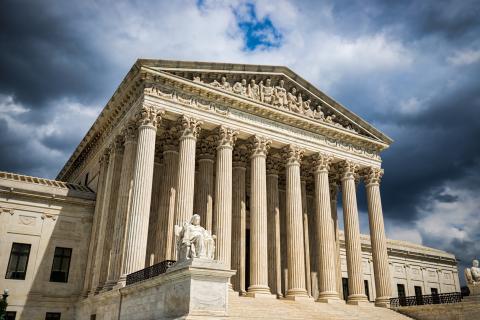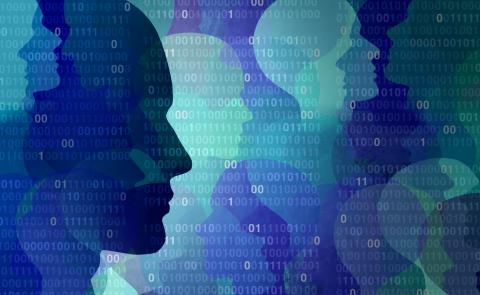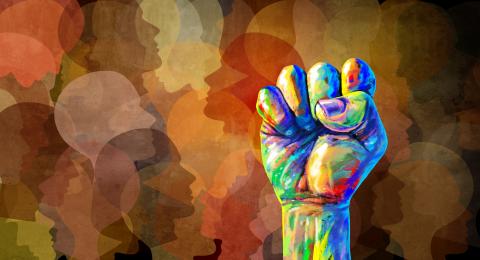Looking for Something?
This Equal Pay Day, There's Something Else Robbing Us of Economic Security.

On Equal Pay Day, we hear a lot about the gender wage gap (and for good reason). But there’s something else that has been deepening economic insecurity: abortion bans and restrictions.
Abortion bans and restrictions are intensifying economic insecurity. In other words, abortion...
Recent Headlines Of Anti-Abortion Ties Are Part Of A Broader Judicial Strategy

Has the anti-abortion movement weaponized the judicial branch to enforce its agenda? Of course it has. The Supreme Court of the United States’ (SCOTUS) ethical state-of-play is particularly concerning given the justices will be hearing oral arguments on the two biggest post-Roe...
Unveiling the Connections: Understanding the Link Between Anti-LGBTQIA+ Legislation and AACs

In 2023 alone, over 520 anti-LGBTQ+ bills have been introduced in state legislatures, more than 220 bills specifically target transgender and non-binary people, and 70 anti-LGBTQ laws have been enacted in various states, shedding light on the broader issue of discriminatory legislation...
How Digital Trails And Digitized Data Complicate The Surveillance And Criminalization Of Abortion Care

Previously, Equity Forward began a blog series on the intersection of anti-abortion centers (AACs), data, and privacy. To contextualize the problem of AACs’ access to data, we will delve into the nature of surveillance and criminalization of pregnancy and pregnancy outcomes —...
Anti-Abortion Centers And Our Data: A History Of Unregulated Exploitation

Surveillance of pregnant people and criminalization of abortion is nothing new in the United States’ long history of trying to control bodily autonomy. Historian Leslie J. Reagan details the timeline of anti-abortion laws in the U.S. beginning in the nineteenth century,...
Reproductive Health: A Social Justice Issue

The United Nations (UN) defines human rights as, “rights we have simply because we exist as human beings - they are not granted by the state.” These range from the right to food and education, to health and liberty. The United Nations also affirms that access to culturally competent...